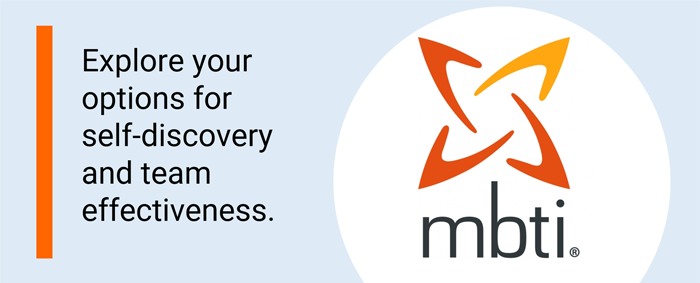Being an Introvert Doesn't Impair Leadership Effectiveness
Centuries of Western literature and history have portrayed the introvert as somehow lacking when compared with the extrovert. English poet John Milton wrote “The Thinker” and “The Merry One,” drawing a contrast between “the happy person” who frolics in the countryside and revels in the city and “the thoughtful person” who walks meditatively through the night and studies in “a lonely tower.” German philosopher Schopenhauer made a similar comparison between “good-spirited people” and “intelligent people.” These widely held beliefs carry over in the modern American workplace and leadership effectiveness, with an unchallenged (and invalid!) value placed on being a “people person” or extrovert.
Misperceptions About Introverts & Leadership Effectiveness
Susan Cain’s groundbreaking book, “Quiet,” builds a different case. Her historical and cultural perspectives, anecdotes and research from the fields of psychology and neuroscience demonstrate how undervalued the introvert has been. More importantly, she exposes the risks and real losses that result from this misconception that introverts have less to offer.
Are you an introvert? You might be if you:
- Choose times of quiet, solitude or reflection at the end of a people-packed day.
- Prefer to process new ideas and information independently rather than by discussion.
- Find it helpful to fully form your thoughts before speaking up in meetings.
- Go deep, concentrating on a single subject, rather than pursuing a breadth of subjects.
- Work out and express your ideas in writing.
- Choose vacation and recreation time that includes at least some alone and quiet time.
- Recharge your batteries by “taking space” away from others throughout the day.
Not everyone is easily identifiable as an introvert. In a culture and business climate that prefers extraversion, many introverts have adapted their style to look the part of an extrovert. They speak up more in meetings, network effectively, push themselves to interact more and reflect less. But all this adaptation and habit-building doesn’t change an introvert into an extrovert. At the end of the day, given a safe choice, most introverts will choose some down time vs. another round of being “on” in a social setting.
Embrace Your Inner Introvert!
This is a good thing, too. What introverts accomplish is significant – their reflection, processing of deep thoughts, introspectively looking at all the angles, listening to more ideas, pausing before reacting, and getting clarity pays off for them. A research study conducted by Harvard Business School recently found that “introverts demonstrate superior performance when they are leading a team of proactive workers.”
Currently, 60% of senior executives in America display extroverted tendencies. Cain predicts that cultural and demographic shifts will favor introverted tendencies in the workplace. In the near future, using your natural preferences for introversion may help you feel more authentic AND give you an advantage as a leader.
(Editor's Note: This blog was originally published in February 2012 and was recently updated.)
